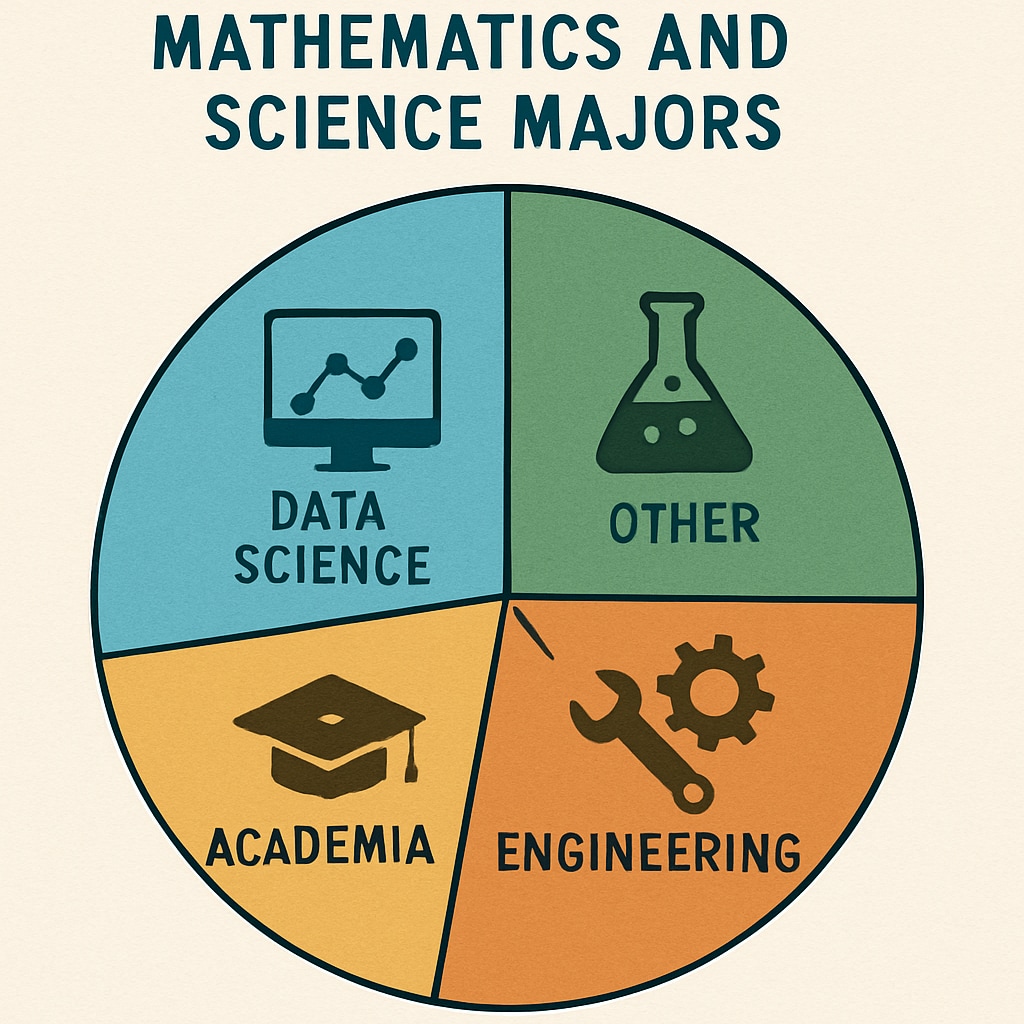For many 16-year-old high school students, the question of college major selection can feel overwhelming. This process often involves balancing a love for subjects such as mathematics and science with the practicalities of long-term career planning. Moreover, external pressures from parents, teachers, and peers can add another layer of complexity. In this article, we will explore the challenges students face, especially those with a passion for math and science, and provide actionable steps to make an informed and personalized decision.
Understanding the Key Challenges in Major Selection
Choosing a college major at a young age is not an easy task. Many students find themselves at a crossroads, torn between their genuine interests and societal expectations. For instance, a student passionate about mathematics might feel pressure to pursue finance or engineering, even if their heart leans toward pure mathematical research.
Some key challenges include:
- External Influences: Friends and family often project their own career aspirations or fears onto students, which can cloud judgment.
- Lack of Exposure: Many high school students are unaware of the diverse career paths associated with their interests.
- Fear of Uncertainty: The idea of committing to one path can feel daunting, especially for those unsure of what the future holds.

Balancing Passion with Practicality
One of the most effective ways to make a well-rounded decision is by balancing personal interests with long-term career goals. For students who love mathematics and science, understanding how these fields translate into real-world opportunities is crucial.
Here’s how to achieve this balance:
- Identify Core Interests: Create a list of subjects or activities that spark joy and curiosity. For example, is it solving complex equations, conducting experiments, or analyzing data?
- Research Career Paths: Explore potential careers related to these interests. Websites like Britannica’s Mathematics Resource can offer insights into the applications of math in various industries.
- Seek Mentorship: Speak with professionals or college students already in these fields to understand the challenges and rewards.

Practical Steps to Make an Informed Decision
Once you have clarity about your interests and potential career paths, it’s time to take actionable steps. Here’s a step-by-step guide:
- Take Aptitude Tests: Many schools and career counseling centers offer aptitude and interest tests to match students with suitable fields.
- Participate in Extracurriculars: Join math clubs, science fairs, or internships to gain hands-on experience.
- Keep an Open Mind: Remember, it’s okay to start with a broad focus. Many students switch majors or find interdisciplinary fields that combine their interests.
For example, a student passionate about numbers might explore data science, a field that combines statistics, coding, and problem-solving. Resources like the Wikipedia page on Data Science provide an excellent starting point for exploration.
Final Thoughts: Trust Your Instincts
Ultimately, the decision of which college major to choose should align with your interests, values, and long-term goals. While external advice is valuable, it’s essential to trust your instincts and make a choice that feels right for you.
By understanding your passions, researching potential paths, and seeking guidance, you can navigate the crossroads of major selection with confidence. Remember, this is just the beginning of your journey, and there’s always room to adapt as you grow and learn.
Readability guidance: Use short paragraphs and lists to summarize key points. Ensure smooth transitions between ideas, and avoid overly complex language or sentence structures.


